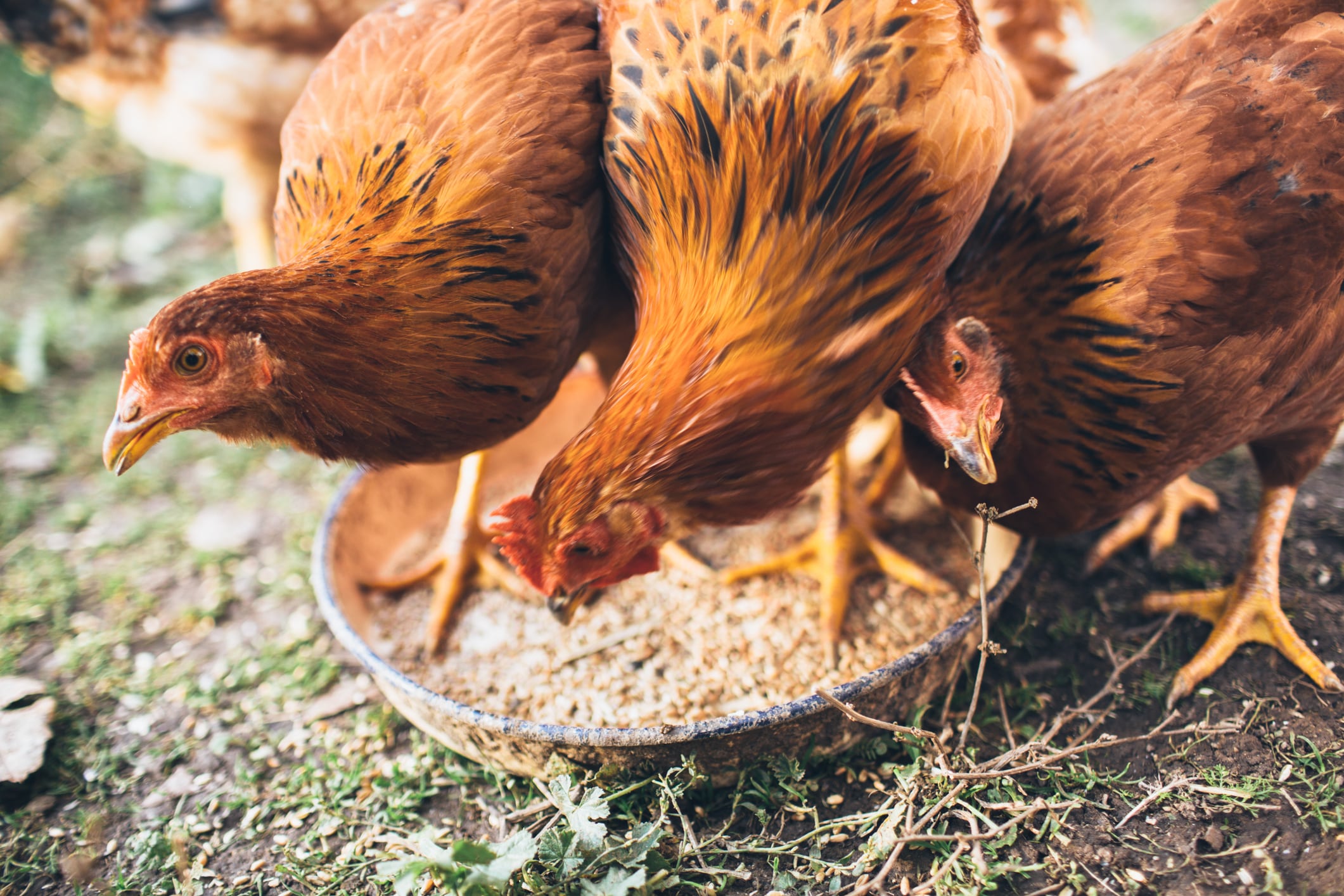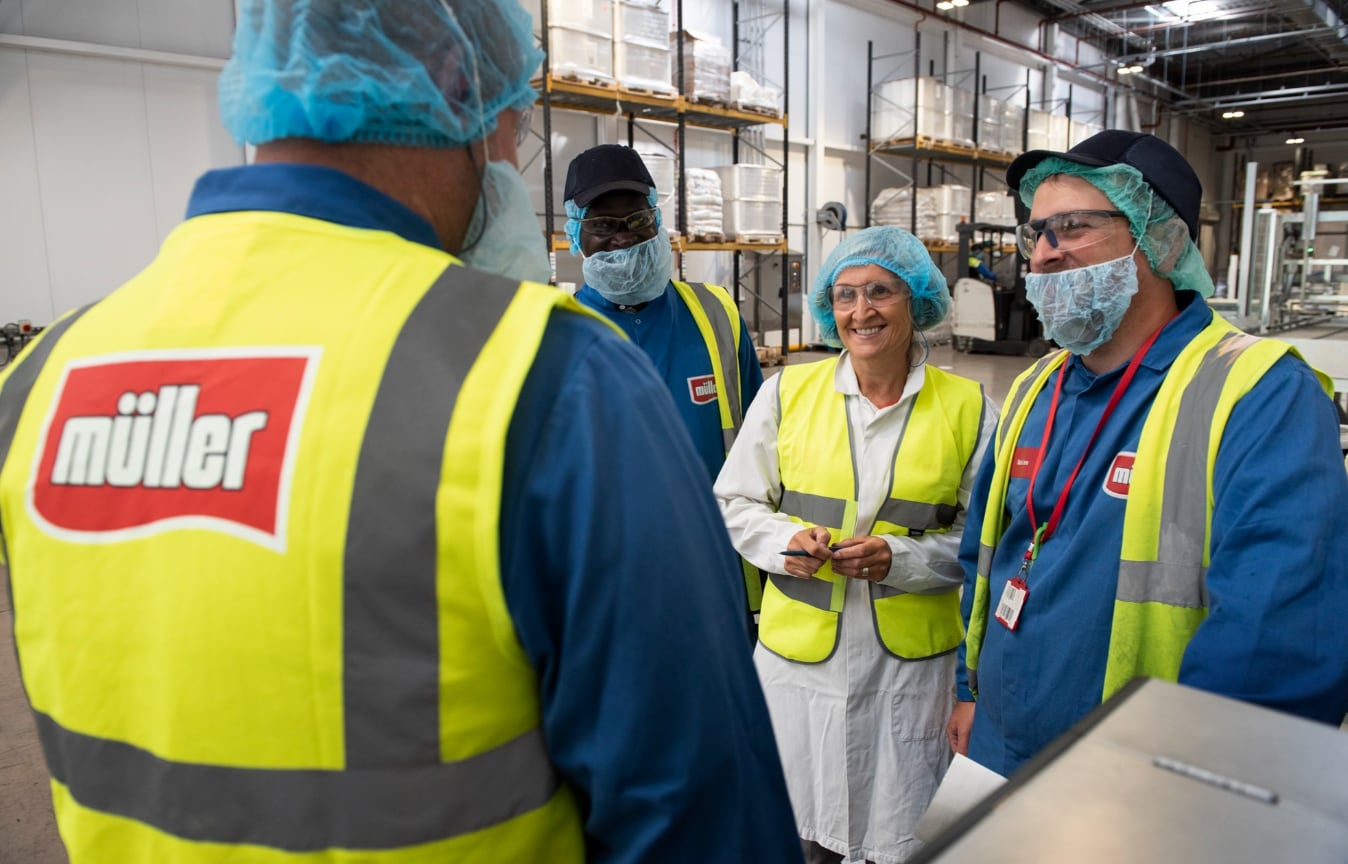More than 380 companies in Europe have pledged to meet BCC standards by 2026 – including Greggs, Waitrose, Burger King and M&S – with the commitment based around several science-based criteria relating to stocking density, access to light and quality air, and compliance with welfare laws.
It also requires that signatories to swap fast-growing ‘Frankenchickens’ that can reach slaughter weight in around 35 days for healthier and slower-growing birds.
To monitor the progress of the 93 “most influential companies” that have signed up to the BCC, Compassion in World Farming established the European ChickenTrack report, with the latest edition reporting that many firms are still “lagging behind”.
The report added that “urgent action” is needed for companies to fulfil their commitments – KFC has already admitted that it will not meet the BCC by 2026.
Of the firms included in the report 64 are reporting on progress, while 29 are yet to publish any updates.
Breed change and stocking density remain “two of the most challenging BCC production criteria to implement” and have the lowest transition rates, with only Schiever Distribution reporting 100% compliance on both – M&S (for fresh chicken) and Norsk Kylling are already 100% BCC compliant.
Greggs and Premier Foods were both noted for improving compliance during 2024, but a “significant number” of firms are still reporting less than 20% transition on key criteria.
This includes 30 companies for stocking density, 35 for slower growing breeds and 17 for natural light.
“Chickens are sentient beings who deserve a good quality of life, with the ability to express their natural behaviours,” said Dr Tracey Jones, global director of food business at Compassion in World Farming.
“The BCC sets out five clear steps to improve their welfare, and ChickenTrack plays a crucial role in monitoring company progress.
“To make higher-welfare chicken the norm, we urge companies to adopt the BCC and invest in meaningful change through robust action plans and transparent progress reporting. Only when companies reach 100% compliance will we achieve the full impact for chickens.”





